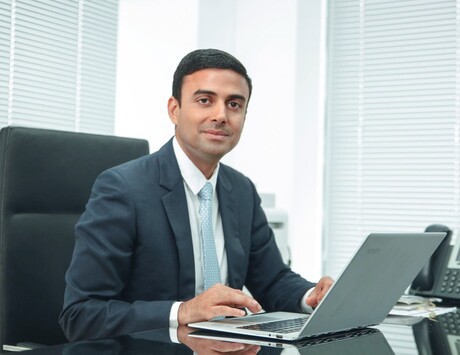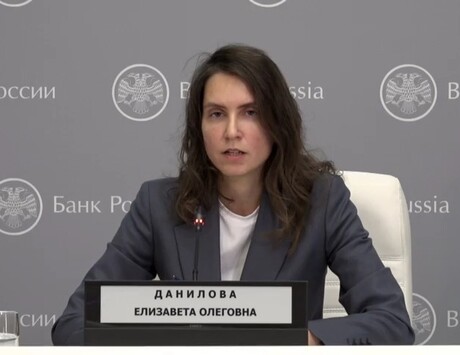The road to hell is paved with good intentions, they say, and so it may be with the west’s approach to Ukraine.
On 11 March the International Monetary Fund announced a $40bn assistance package to Kiev, consisting of $17.5bn in new loans and $15-20bn write-offs of previous ones. Such a programme may well help any normal country, but the situation in Ukraine is far from normal.
Before the former government was overthrown and then president Viktor Yanukovych fled for Moscow in February 2014, the country was renowned for its corrupt leadership. Yanukovych, convicted of robbery and assault under Soviet rule, is alleged to have received a share of each hryvnia (Ukrainian currency) that passed through the economy.
According to western analysts, the overall scale of corruption reached 14% of GDP during the early 2010s, or roughly $30bn a year.
We believe that a significant proportion of this ended in the pockets of the president and his family, or in the accounts of the oligarchs and other close associates of the ruling clan.
For years these elites salted away their illicit profits in banks accounts around the world, with the west turned a blind eye.
The new government has been left in charge of a country crippled by both war and corruption, with external debts of $72.9bn at the beginning of this year. The finance ministry in Kiev – and the IMF – believe at least $20bn of this should be written off – because, after all, those responsible are no longer in power.
But why would creditors, many of whom are ordinary investors, be willing to do this? Why are they not asking whose debt is being forgiven - is it a new, free nation whose citizens have sacrificed dearly for their pro-European views? Or is it the former elite who are spending their retirement far from Kiev, wealthy and happy?
Rather than absolving those responsible, as the present government appears to be doing, we believe the private sector should take the lead in holding them to account.
Why not hire private detectives to analyse foreign currency transactions to get a rough idea of how much was syphoned off? They could investigate the largest bank transfers between Ukrainian and European banks from 2010-2014, to find out who benefitted. When those responsible are identified, creditors could force Kiev to prosecute hundreds of former officials.
The privatisation of a number of large industrial enterprises should also be investigated. An international financial tribunal for Ukraine could be created, with prominent figures from the old regime put on the stand. The first to be investigated could perhaps be those who have already been traced, for example the fugitive former finance minister Yuriy Kolobov, who has been arrested in Spain or billionaire Dmitrii Firtash, who is under house arrest in Austria. The tribunal could offer financial incentives to those who help detect hidden money and identify the covert assets.
The next step should be the creation of a “Kiev club” of creditors who do not want to write off their part of Ukraine’s debt. We believe that even Russian banks and companies will be interested in joining this club: money tends to rise above politics.
In Moscow, people are as interested in getting their money back as they are in Washington or Brussels – and in some cases they are in a better position to do so. The Kiev club could base its stance on the findings of the tribunal and could offer to drop its claims against the Ukraine government in return for transferring them to the former officials, politicians and oligarchs responsible. When so much money is at stake, it’s likely that the culprits will be brought to justice more efficiently than if the search is left solely to Interpol.
Between 2010 and 2014, Ukraine was something unknown in modern history – a private state. All her neighbours, as well as all countries dealing with Kiev, are extremely invested in preventing this from happening again. It’s impossible to believe that none of those discussing the restructuring of the Ukrainian debt today were unaware of what happened in those years in Ukraine. Some knew this better than those who just sent planes with cash to Ukrainian banks or those who charged exhorbitant fees for “legal advice” for Ukrainian oligarchs settled in Europe.
The sometimes private state should be countered with private international justice – and only this will ensure that the corruption of the past will not be repeated.
We strongly believe that the holders of Ukraine’s government debt must rethink the conditions for dealing with this country and realise that rather than helping, debt relief may mean a full amnesty for a corrupt clique who has brought the nation to its knees. If the international community wants to fight against global corruption, Ukraine may be the best place to start.
Alexander Lebedev is the publisher of Novaya Gazeta in Moscow and The Independent in London. Vladislav Inozemtsev is a Berthold-Beitz Fellow with the DGAP in Berlin and non-resident senior associate with the Center for Strategic and International Studies in Washington



